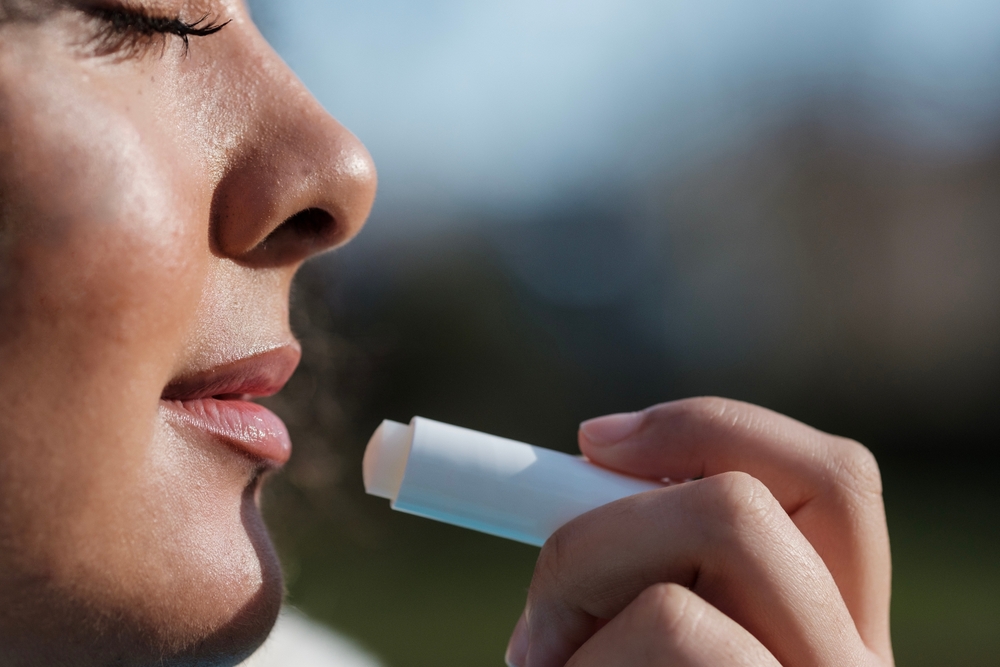MOSH can accumulate in various tissues, including lymph nodes, the spleen, and the liver.
Others are reading now
Recent analysis by the Consumers and Users Organization (OCU) has unveiled troubling findings regarding the presence of toxic impurities in popular lip balms.
Accumulate in Tissue
The study examined twelve different lip balms, identifying the presence of Mineral Oil Saturated Hydrocarbons (MOSH) in products like Leti ‘Balm Repair Fluido and Neutrogena ‘Protector Labial.’
These compounds are linked to mineral oils derived from petroleum, which were found to exceed the maximum recommended limits set by Cosmetics Europe, the European cosmetics industry body, according to El Economista.
The OCU emphasized that the detection of MOSH underscores the critical need to discontinue the use of mineral oils as moisturizing agents in lip balms. Although ingestion of these substances might occur in small quantities, they pose a significant health risk.
Also read
MOSH can accumulate in various tissues, including lymph nodes, the spleen, and the liver, potentially leading to serious health issues such as microgranulomas.
A Step Forward
Fortunately, most other lip balms analyzed in the study utilized natural oils or waxes, significantly reducing the risk of toxicity from ingestion. This marks a positive shift, as only six years prior, many of the products tested contained petroleum derivatives.
In addition to MOSH, the OCU identified other concerning ingredients, including Ethylhexyl Methoxycinnamate, a UV filter linked to hormonal disruption, found in Blistex Classic Lip Protection. Furthermore, while all tested products contained fragrances, only four were free from allergenic scents.
The OCU also called for improvements in product labeling, particularly regarding the transparency of ingredient lists. Many brands, including Yves Rocher, did not provide ingredient information on their packaging, requiring consumers to consult online resources.
In light of these findings, the OCU recommends consumers opt for lip balms free from petroleum derivatives. They advise checking ingredient lists for specific compounds like Paraffin and Petrolatum to ensure safer choices for lip care.


